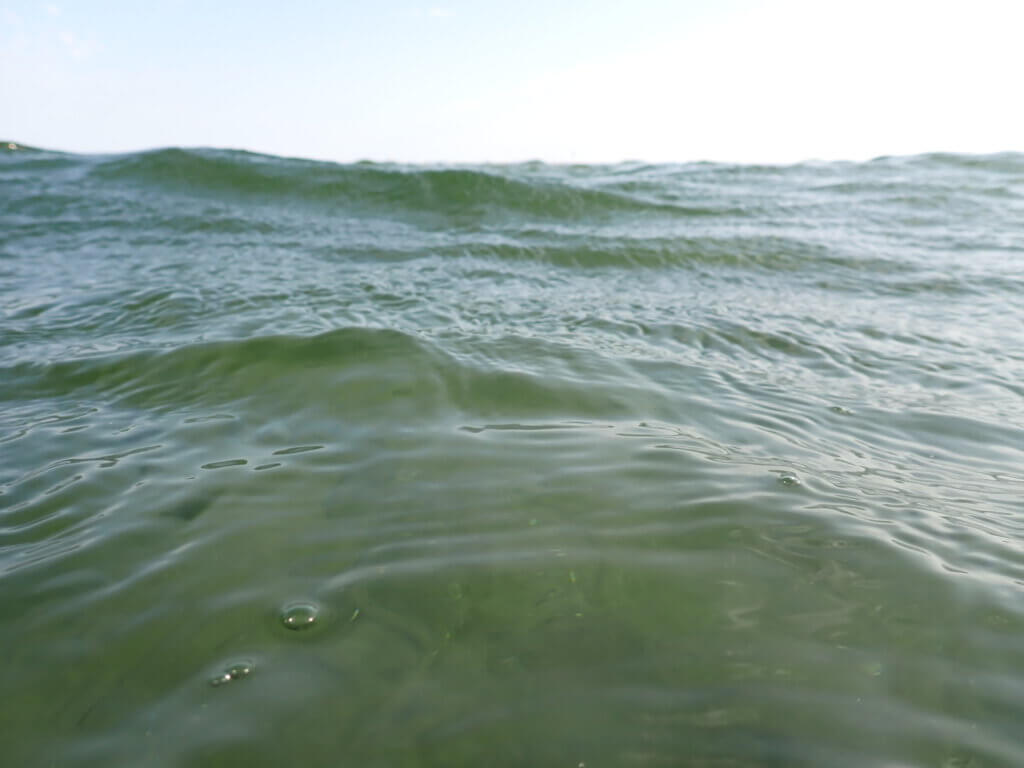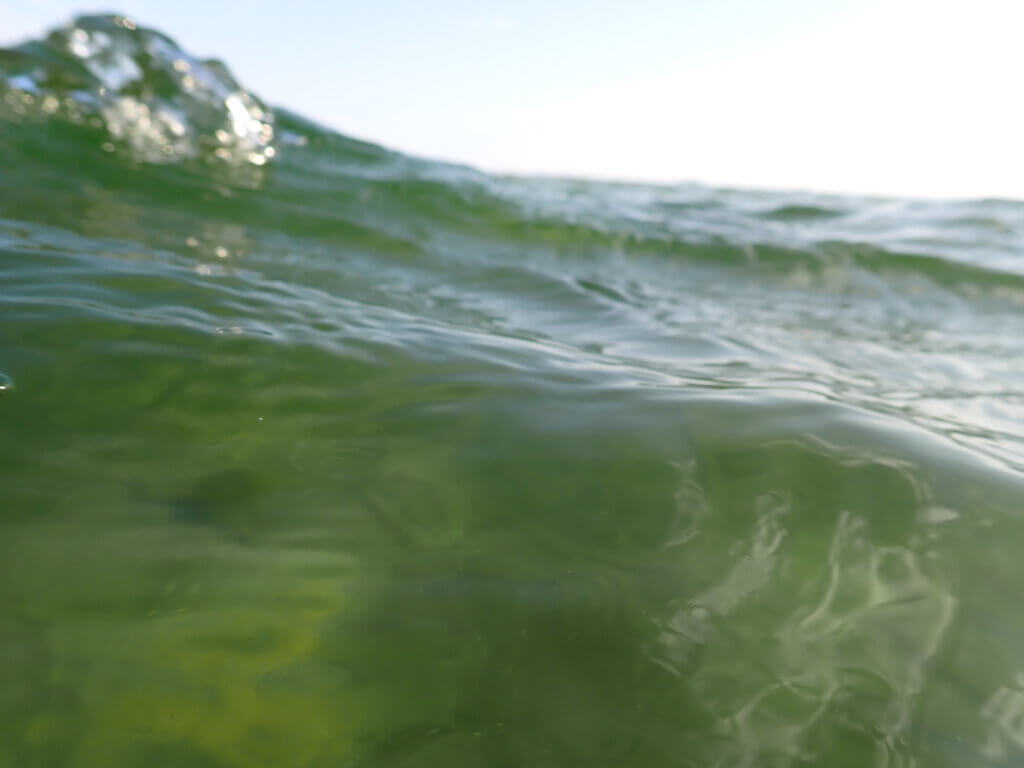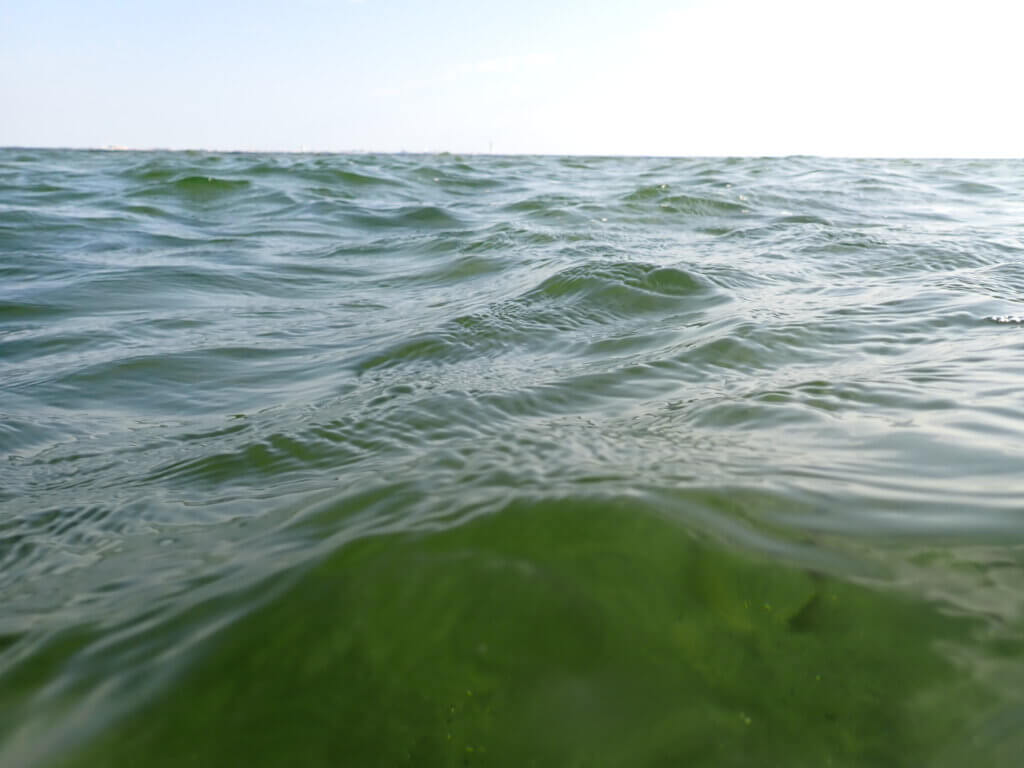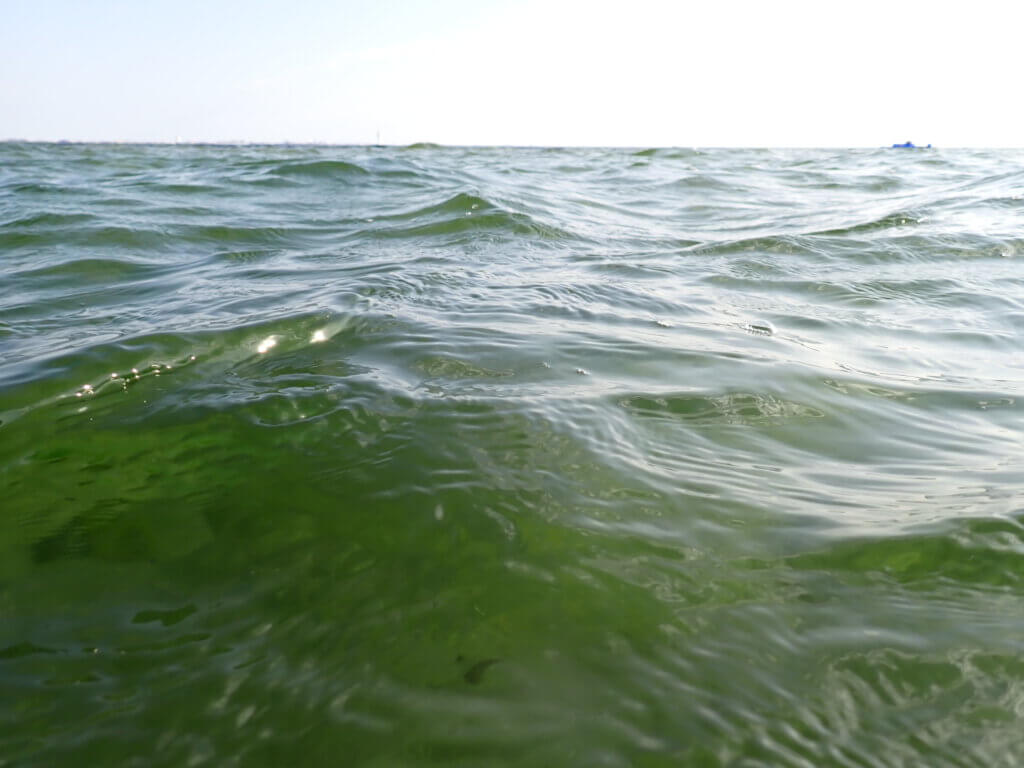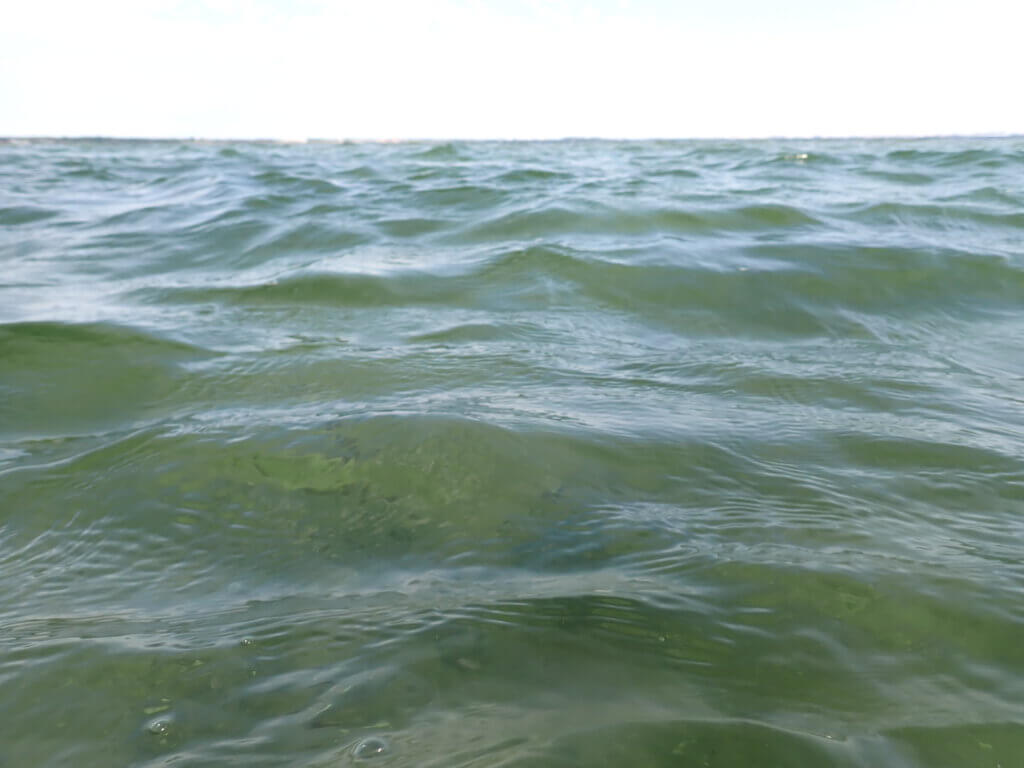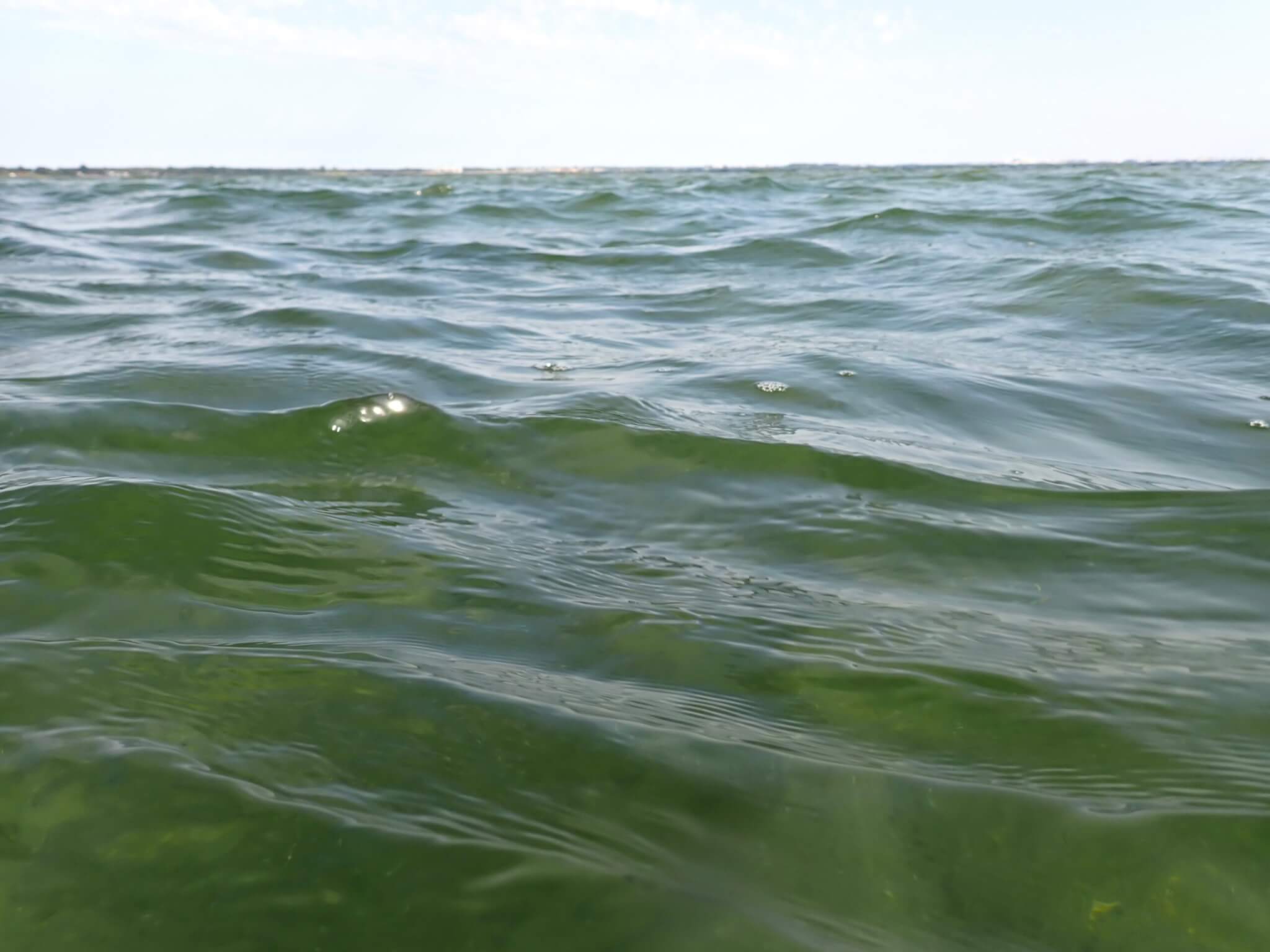
Currently reading: The Systems Thinking Playbook!
I found a sample of “the systems thinking playbook” online, and while there is quite some overlap with the climate change playbook it developed into later, there are also some cool things in the early version that got dropped (hopefully only for space and not because they realised they don’t work to teach what they are supposed to teach!)
One activity that I liked is “mind grooving“, which shows us some of the “traps” we fall into if we don’t pay attention to not think in auto pilot, in order to motivate a more active approach to thinking, “To focus on developing the observer in ourselves so we more often have our thoughts as opposed to ‘being had’ by them“. They are three small exercises, ca 5 minutes each.
The first one is about associating words to “color”, “furniture”, “flower”, and (when participants almost inevitably mostly write down red/blue, chair/couch, rose/daisy on their notes, the debrief goes “In the West particularly, we pride ourselves on our uniqueness, creativity and individualism, yet socialization is stronger than we realize. […] This exercise helps us to see that those who did not give the typical responses may be the most potent in helping us to look outside our own mental models. Therefore, the secondary point here is that when it comes to surfacing, testing and exploring our mental models of how the world works, we can be each other’s greatest assets. Perhaps, we may want to look for those who disconfirm our current mental models a s they may be our greatest source of insight and learning.” (I am quoting a whole paragraph here because I like their language and want to remind myself of it; I myself would have put the same message very differently!)
The second exercise is about a list of 10 words that are all related to one main concept, which however doesn’t show up on the list. Participants get the chance to memorize the list, then the list is taken away and participants write down as many words as they remember, and then the facilitator asks how many remember a word that was on the list, another word that was on the list, and the concept that wasn’t on the list (but pretending that it was a word from the list that they could remember). Then the facilitator shows the list again and debriefs about how our mind plays tricks on us sometimes.
The third exercise is about falling in the trap of completing a pattern rather than thinking:
“Q: What do we call the tree that grows from acorns?
A: Oak
Q: What do we call a funny story?
A: Joke
Q: What do we call the sound made by a frog?
A: Croak
Q: What do we call the white of an egg?
A: Yolk“
I can totally see this working really well, too! The suggested debriefing sets things into a bigger context: “In single loop learning, we cycle back and forth between a problem and a solution. In double loop learning we revisit the mental models we hold about the problem and the possible solutions to that problem. Mind Grooving exercises can help remind us to consider our mental models before diving into problem solving.”
Another fun activity is the “toothpick teaser“, how to make 4 equal-side triangles out of 6 toothpicks? As a tetrahedron, but especially if three toothpicks are arranged as one triangle on the table in front of participants, the urge to complete the exercise in 2D is very strong unless participants really actively question their mental models (or spent way too much time with similar brainteasers as a kid, as I did).
This book is another great resource for inspiration!
Today’s wave watching is, you guessed it, from a recent dip. Does this not make you want to jump in?
I love how there really don’t have to be high waves for them to start breaking over the sandbanks off Långabryggan!
But even when they aren’t breaking it is so cool to see all these different scales!
And the sun glint!
And the capillary waves!
